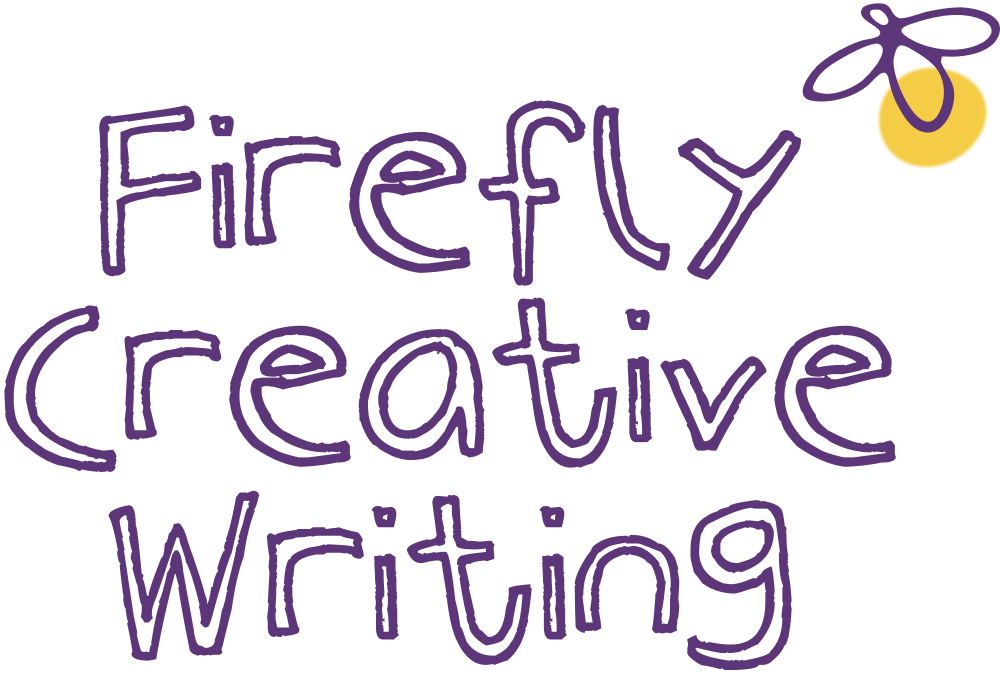What is actually going on when we doubt our ability to write?
A bag full of words spilling out on a wooden table. The words are Nourish, Momentum, Devotion, Courage, and Focus.
What is actually going on when we doubt our ability to write?
My last newsletter was about pride. Pride is SO IMPORTANT to anyone who wants to nourish and build their creative work. I could go on and on. I did. You can read it here.
But we can’t talk about pride without also talking about doubt.
God. It’s everywhere, isn’t it? Doubt is like the bucket of water poised above the door to our creative freedom. Open the door, and splash, we’re doused.
“Does this matter at all?”
“Will I finish it?”
”Why am I working so hard on this?”
And the worst and most impossible one — “Is it good?”
We can spend our lives wandering the hallways of those futile questions.
And so, I want to break this down for you.
In my years of being in community with writers, I have started to see three distinct things happening when we’re doubting ourselves.
Face of doubt #1: Something important is trying to happen, and we’re not seeing it yet.
Sometimes we feel doubt because we actually need to slow down. We’re ignoring something important in our work. On some level, our brains know that our character shouldn’t go down that plot-twist, or that this tangent isn’t going to move our essay towards the truth we’re trying to reveal… but we’re pushing that message aside, intent on finishing, or being right, or simply tired of creative chaos. Doubt is waving its hand at us, saying, “No, no, stop writing for a sec. You’re too smart for this.”
This is a doubt we can count on. When we feel it, our job is to pause. Sit back. Deep breath. Listen closer. Trust the time it takes.
Face of doubt #2: Shit just got real.
We witness ourselves when we write. We see our squishy bits, our dark corners, our murky, mysterious, mostly-hidden inner world. This can get seriously intense. When we write something that our conscious mind wasn’t entirely ready to see, doubt can rear up and say, “Let’s vacuum the living room!”
Buddhist nun Pema Chödrön says that “Fear is a natural reaction to moving closer to the truth.” Writing is about truth, so fear is a HUGE part of that process.
When we are presented with this kind of doubt, our job is to listen and assess. Is this discomfort, or harm? In the case of trauma, it might be time for a friend or professional to help you move through the hard part. If it’s more like, “Damn, this just got real, but I know I’m safe here,” then keeeeeep writing. The way out is through.
Face of doubt #3: You are a person.
I almost hate to tell you this, but I’ve never met anyone who doesn’t doubt their work. I’m not sure I’d want to. Doubt is a signal that you care, that you want to do good, that you are wrestling with healthy creative risks. This is only a problem if you believe the doubt and walk away for good.
As writers, we need to be always calling ourselves back. Yes, you’ll stray. Yes, you’ll doubt. But that’s not your whole story. Wait a while and the world will nudge you again — the sunset will remind you of that other sunset, the one when the thing happened that you just need to write about. Or you’ll hear a flash of dialogue on the street so mysterious and compelling you’ll want to tap it into your phone, and it will uncurl into a story or a poem. And just like that, you’ll be writing again.
When you feel this kind of doubt, your job is to keep writing. Writers don’t arrive at the other side of this feeling, they just get really good at continuing despite it, and coming back when they get lost.
Brenda Ueland — a writer and feminist writer before her time — wrote, “If you are never satisfied with what you write, that is a good sign. It means your vision can see so far that it’s hard to come up to it… the only unfortunate people are the glib ones, immediately satisfied with their work. To them, the ocean is only knee-deep.”
Your ocean, believe me, goes on and on and on.
Welcome to that, beautiful human writer. We’re all in this together.
Here's to your magnificent ocean, and everything it holds.
Believing in you,


